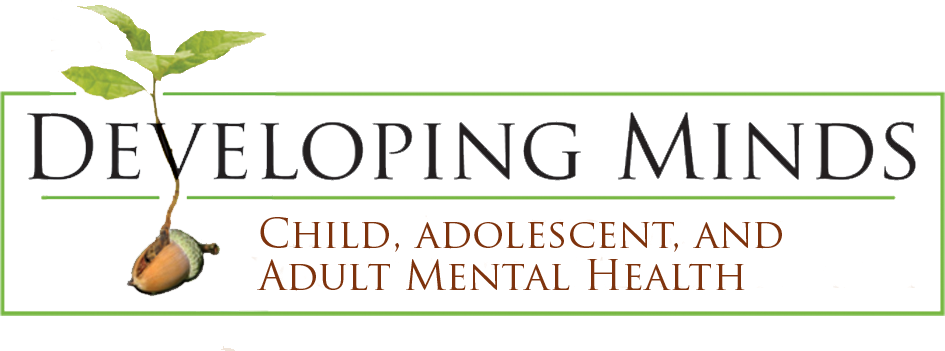Early adolescence is a tumultuous time for teens and parents. Add a possible eating disorder into the mix, and things can feel downright out of control. Eating disorders are sneaky. Rarely does a teen with Anorexia or Bulimia identify a problem and ask his or her parents for help; far more commonly, the teen says that everything is fine, and repeatedly denies symptom use. So what is a parent to do? How does Mom or Dad know there might be a problem if the teen in question is denying anything is wrong? Thankfully, there are some clues (both physical and psychological) that can alert parents to the need for more thorough investigation and evaluation. Lets take a look at them by diagnosis.
A teen with Anorexia Nervosa will usually restrict food and have noticeable weight-loss. Clothes will fit more loosely, or she may start wearing very baggy clothes to hide her body. She might spend excessive time in front of the mirror, and make disparaging comments about her body or appearance. She may lose interest in doing social things or other previously-enjoyed activities. She may be moody, irritable or depressed, have difficulty concentrating, or look very sad or withdrawn. Sometimes school performance drops, but other times grades continue along their typical trajectory (which may be quite good).
Her concern about weight gain or the desire to lose weight may come up in conversation with family or friends. Any comments from others telling her she looks normal are met with disbelief; this cognitive distortion (inability to see her body the way others see it) is a core part of the disease. She may stop getting her period. Sometimes fine, thin hair called lanugo begins to grow over her body. Her skin may become dry and dull, hair less shiny, and eyes sunken or hollow. Eating patterns change: she may skip meals, refuse to eat in front of others, take very small portions, or no longer eat the variety of foods she once did. She may say she “already ate,” or “had a big meal earlier” in the day and just isn’t hungry. Diet drinks and calorie-free caffeinated beverages are consumed frequently, sometimes in the place of meals or snacks.
A teenager with Bulimia will have certain symptoms in common with one struggling with Anorexia. Commonly shared warning signs include discomfort with her body, dieting behavior, moodiness and irritability, and frequent comments about her “need” to lose weight. Additionally, she may eat unusually large amounts of food, eat particularly quickly, eat when she isn’t hungry, eat alone, and eat past the point of comfortable fullness. Like the teen with Anorexia, she may not want to eat in front of others. She may also go to the bathroom after meals or snacks (to purge by vomiting), or may exercise intensely and for long periods of time to “make up” for what she has eaten. She may buy laxatives, diet pills, or weight-loss supplements, though these are commonly well-hidden from friends and family.
Like a teen with Bulimia Nervosa, someone with Binge Eating Disorder may be observed eating unusually large amounts of food, eating quickly and past the point of comfortable fullness. Experiencing negative feelings after overeating, or noticeable weight gain are also common. Like with all eating disorders, an increase in emotional ups & downs, anxiety or irritablility is common, and often observable by friends and family members.
Non-eating-related behavioral changes can also be indicators of a possible eating disorder. Behaviors such as self-harm (cutting or burning) and wearing long sleeves or bracelets at all times to hide self-induced injury are sometimes present in patients with eating disorders. She may avoid discussion of stressors or emotional topics, which can be frustrating for concerned family members. Development of an obsession w/ recipes and cooking shows could be warning a sign that your teen has a serious problem. Going to “Pro-ANA / Pro-MIA websites” (sites that glorify eating disorders and give instructions on how to have one), as well as frequently getting on the scale to monitor his/her weight are also indicators that intervention is needed.
The bottom line is: eating disorders are serious, life-threatening conditions. If you see any of the above signs, don’t hesitate - seek professional help right away!

